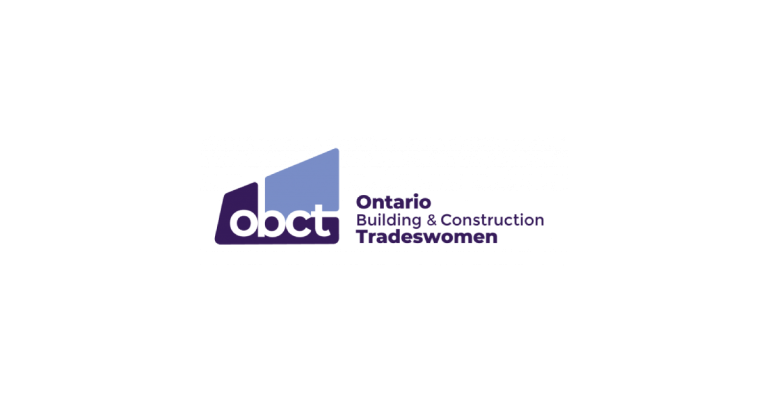Growing your Business and Dealing with the Growing Pains, Part 1: HR Policies

Sept 15, 2019
By Michelle Branigan
Business is good, the orders are rolling in, and you’ve hired enough staff to keep up with demand. When business is going well it can be an invigorating and exciting time for all employees — those who have been around for quite a few years and those who are just kicking off their careers, perhaps are even in their first job. As the business grows there is a need to ensure that your HR policies reflect expectations for how things are done at your organization. They provide employees with guidelines as to best practices, help ensure that staff are treated fairly, and allow managers to make decisions that are unbiased, consistent and transparent.
Don’t create policies for the sake of it, but in response to a real need. For some organizations the changing work environment will dictate policy changes. More and more companies are allowing employees to work remotely, necessitating the need for a policy that informs staff of the details of the agreement. This could include the criteria for approval to telecommute, the use of equipment and technology, required response times, as well as accountability and monitoring of the arrangement. Other companies allow for a compressed workweek, or have volunteer days available to encourage support to give back to their communities or charities.
Ensure that any policies you implement are in line with what your company values, how work should be accomplished, and then train your managers on how to implement and monitor them. It’s important that everyone is treated equitably and there is no perceived bias as to how fellow workers are treated.
Having well documented policies will also ensure that the organization is in compliance with legislation and provide protection against employment claims. Make sure that you are up to date with the relevant federal and provincial employment legislation to understand the policies that are required for compliance in your jurisdiction. Regardless of the size of your organization this is a must-do activity, not an “I’ll get to that eventually” activity.
As you grow you need to ensure that you review — or develop — an HR plan that will support how you grow the company over the coming years, and have the right people in place to do it. What’s your talent strategy? Do you know what job seekers are looking for in an employer?
Hiring
Get it right and the rewards can be immense: increased productivity, a great team culture, less turnover etc.
Get it wrong and that mistake can be oh so costly. Not only does the wrong hire cost you money (think of all the time spend on interviews and onboarding), it also puts pressure on the staff already in place who are now expected to carry the load.
Don’t skip references. They are not a fail proof way to ensure you get the right candidate but the right questions can uncover a lot. Sometimes it’s what is not said that is as important as what is. Many companies have specific tests that apply to the role, be it communications, tech support or business development. Investigate if this would be of use. You don’t want to hire somebody to manage your growing social media presence only to discover they can’t spell.
Review your jobs descriptions. Are they accurate? Up to date and in line with the actual job? I’ve seen a lot of situations where the job description has not been updated in a decade, and some of the “necessary requirements” are no longer valid, or the job has evolved so much it’s not a true reflection of the actual job function. That’s a recipe for disaster, as you now have new employees coming in expecting to do one thing, while you’re expecting them to do something quite different. If folks will be expected to wear many different hats be upfront about it. For many individuals this can actually be a draw.
Finally, communicate, then repeat.
When reviewing your HR policies with new staff make sure that you do it more than once. This has to go beyond the first orientation on day one of an employee’s orientation (because let’s face it, they are being hit with so much information it’s not all going to sink in). It’s also a useful reminder for existing team members. Here at my own organization we have grown our team substantially over the past year and we make sure that we revisit this on a planned basis.
Ideally your HR policies are best practices that exemplify the values and culture of your company — and remind your employees of why they accepted that job offer in the first place.
Michelle Branigan is CEO, Electricity Human Resources Canada.

















